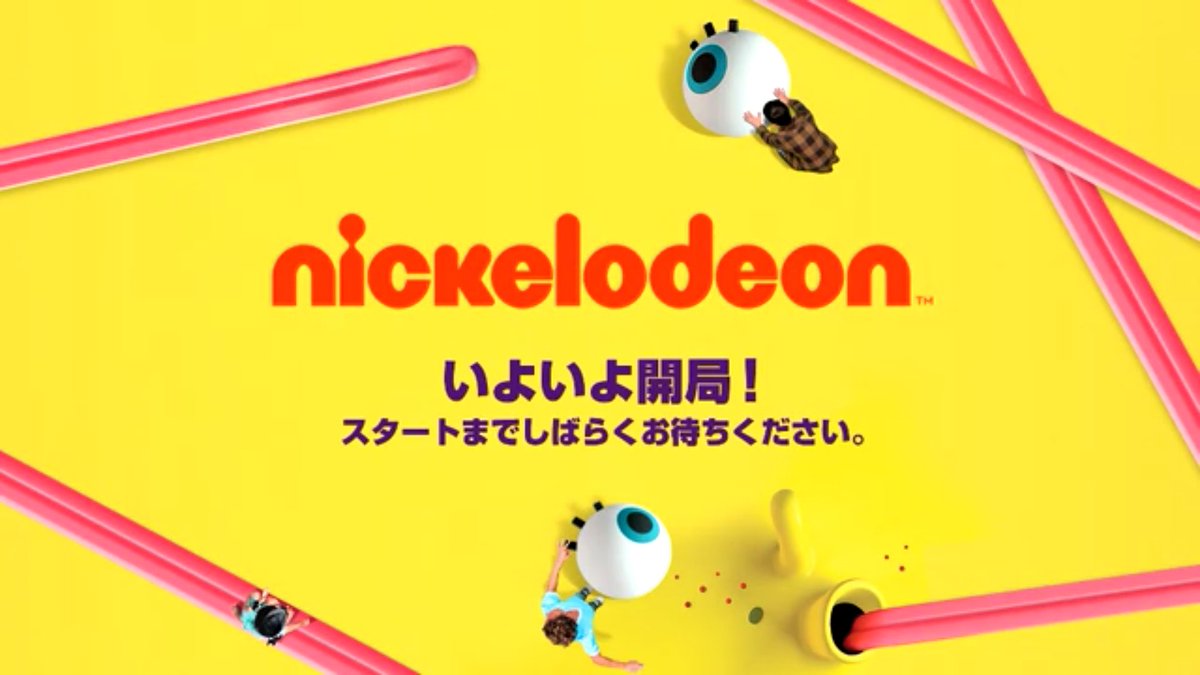

After leaving, they should keep their contacts to the minimum for around a week, and only return after the shut-in promises not to repeat the violence. And if violence occurs, they must carry out their warning that very day. They must make it clear to their offspring that they will respond to such behavior either by contacting the police or by leaving the home. Saitō said that it was necessary for parents to be adamant in rejecting violence by hikikomori.

They may imagine that they were abused even though they were not, and their grievances against their family can easily lead to violence.” Once this starts, he warned, it can escalate like a form of dependency. It’s too painful for them to see their situation as being their own fault, and so they begin to blame their parents for not raising them properly. Saitō explained the mechanism behind these cases: “People who have been withdrawn from society for a long time feel that their lives have no meaning or value, and they become extremely miserable. This has been described as the “80-50 problem,” whereby both elderly parents and their middle-aged children find themselves isolated.ĭomestic violence becomes an issue in around 10% of hikikomori cases. As the situation drags on, it becomes difficult for people to return to participation in the wider world just through their own efforts. Ordinarily individuals, the family, and society are connected, but when people withdraw from society, they lose these points of contact, and their family also gradually becomes detached from society due to a sense of shame. Once someone has entered the “ hikikomori system” over the longer term, they fall into a vicious cycle, which Saitō expressed with the diagrams below. While many become hikikomori due to bullying or harassment from teachers, it is highly rare for the cause to be abuse or post-traumatic stress disorder. This drives them into a mental corner.” Losing Contact with Society When hikikomori hear the government’s rhetoric about promoting ‘the dynamic engagement of all citizens,’ they’re liable to take it to mean that their inability to be ‘dynamically engaged’ makes them worthless.

“People who aren’t useful to society or their family are seen as having no value. “There’s still a lack of respect for individuals,” Saitō commented. One has to say it is not an easy society to live in. Japanese society has many problems, such as the lack of regular jobs, the steady rise in the average age of the population, and the trouble people have getting back into the labor force after having been forced to quit work to look after aged parents. Saitō sees hikikomori as decent people who happen to find themselves in a difficult situation. Saitō emphasized that the word hikikomori describes a state rather than an illness, and that the people in this state perform very little criminal activity.

In many of the cases where the media have referred to perpetrators as hikikomori, they were found to have a mental disorder and thus did not fit the definition. “ Hikikomori are defined as having spent six months or more not participating in society-without mental illness being the main cause,” he explained. But Saitō rejected this view, declaring there is extremely little correlation between withdrawal and crime. Over the years many have seen social withdrawal as a cause of criminal behavior, connecting the two in cases like the Niigata kidnapping and confinement of a young girl from 1990 to 2000 and the Kawasaki mass-stabbing incident in May 2019. With this in mind, Saitō believes the hikikomori population could eventually top 10 million. Under these circumstances, many of them can be expected to continue their secluded lives as they get older. And unlike homeless people, for example, these social recluses generally live with their parents and do not have to worry about providing themselves with food or shelter. But Saitō believes the authorities may be undercounting the shut-ins he suggested that the figure could be more like 2 million. The government has estimated Japan’s population of hikikomori aged 15–64 to be 1.15 million. (The Japanese term also refers to the people who exhibit the phenomenon.) Saitō, a professor at Tsukuba University, has been studying hikikomori for decades, and it was he who introduced the term and who brought the subject to wide public attention in a 1998 book. On July 29, 2019, psychiatrist Saitō Tamaki gave a press briefing at the Foreign Press Center Japan on the subject of hikikomori, the phenomenon of withdrawal from society.


 0 kommentar(er)
0 kommentar(er)
